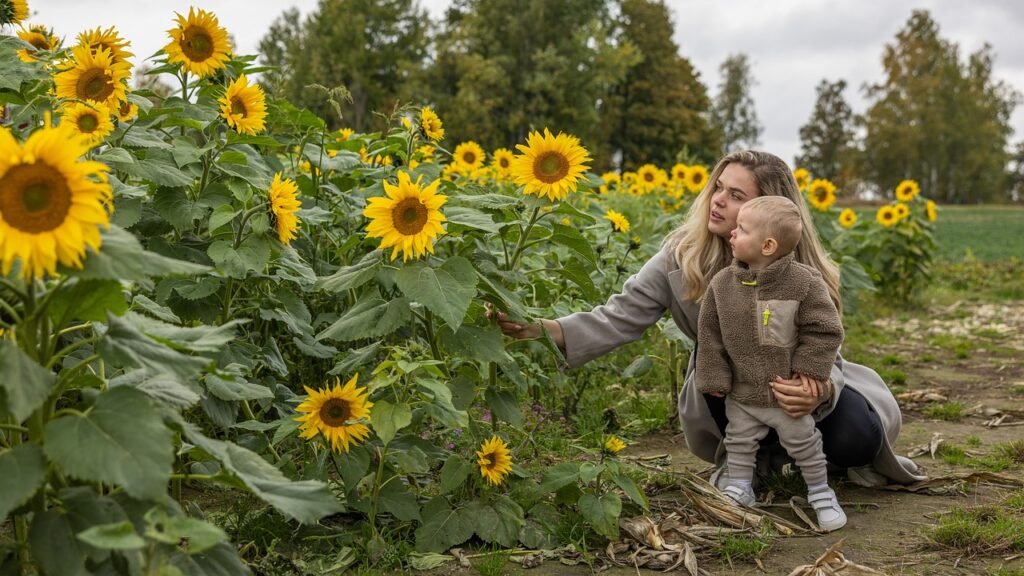Imagine opening your home to a child who needs love, safety, and a fresh start. Every year, thousands of Australian children cannot live safely with their birth families and urgently need foster care. In fact, more than 46,000 kids are in out-of-home care across Australia, yet there are just over 9,000 foster care homes available. This stark gap means foster carers are in high demand, and everyday people are stepping up to change young lives. If you’ve felt a tug at your heart and wondered how to become a foster carer in Australia, this beginner’s guide will walk you through everything you need to know. We’ll cover who can foster, the foster care process, the types of care, what support and payments you can expect, how to prepare emotionally and practically, the training required (including a free course), and how long approval takes.
Becoming a foster carer is a life-changing journey – not only for the child who gains a loving home, but for you as well. It’s normal to have questions and even anxieties, but with the right information and support, you can feel confident and empowered. Let’s dive into this friendly, encouraging guide to foster care in Australia, and see how you can make a meaningful difference in a child’s life.
Who Can Become a Foster Carer in Australia?
Anyone with a big heart and a stable environment can consider fostering. Foster carers come from all walks of life – you can be single, married, in a same-sex relationship, with children of your own or none at all. The key foster care requirements in Australia are generally straightforward. You need to be an adult (usually over 21 years old) with a safe, nurturing home and a spare room for a child. There’s no requirement to be wealthy or to own your home – renting is fine, as long as you can provide a secure space. Agencies and state authorities will ask that you pass background checks (like a police check and a Working With Children Check) to ensure children’s safety. They’ll also want to see you’re healthy and emotionally stable enough to care for a child.
In other words, you don’t have to be a “perfect” parent to foster – training and support will prepare you. What matters most is that you care about children and want to make a difference. Foster carers in Australia are diverse: they might be working full-time or part-time, studying or retired. All cultural and religious backgrounds are welcome, and in fact there’s a need for carers from diverse communities (including Aboriginal and Torres Strait Islander carers) to support children in culturally appropriate ways. As long as you have the passion, patience, and a safe home, you could be the exact hero a child needs.
The Foster Care Process in Australia
- Initial Inquiry – Reach out to a fostering agency or government department in your state or territory.
- Information Session – Attend a session to learn more about fostering.
- Application – Submit your application with background checks.
- Training – Complete mandatory pre-service training.
- Assessment/Home Study – Undergo interviews and home visits.
- Panel Review – A decision-making panel will evaluate your application.
- Approval – Once approved, you become eligible to receive placements.
Types of Foster Care in Australia
- Emergency Care – Short-notice placements for children in crisis.
- Respite Care – Temporary relief care for full-time carers.
- Short-Term Care – Care until a child can return to their family or another permanent option is found.
- Long-Term Care – Ongoing care when reunification isn’t possible.
- Therapeutic/Specialist Care – For children with high or complex needs.
Support and Payments for Foster Carers
Foster carers receive:
- Fortnightly tax-free allowances (varies by state and age of child)
- Additional payments for special needs or circumstances
- Access to caseworkers, training, support groups, and respite care
Emotional and Practical Preparation
- Educate yourself on trauma-informed care
- Talk to your household and support network
- Prepare a welcoming, child-safe environment
- Be flexible and open to learning new parenting approaches
Free Foster Care Training Resource
Take a free online course to boost your knowledge:
👉 Understanding Foster Care – Free Course
How Long Does It Take to Become Approved?
Most approvals take 3 to 6 months depending on availability, training schedules, and background check completion. Stay patient and use this time to prepare.
Becoming a foster carer in Australia is an act of compassion, commitment, and courage. You don’t have to be perfect—just present, prepared, and open to giving a child a brighter future. With the right training, support, and mindset, fostering can be one of the most rewarding decisions of your life.

